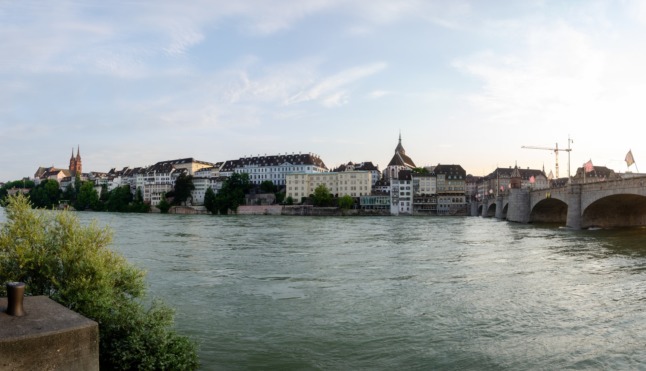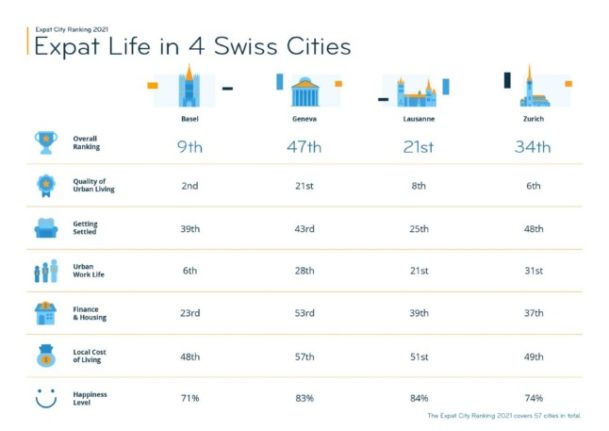The European Centre for Nuclear Research (CERN) confirmed a report by the US journal Science on Wednesday that the team were verifying a cable connection.
“It may have caused a slight discrepancy (in the results), and they are checking to see if this is the case,” CERN press officer Arnaud Marsollier told AFP by phone.
They are also verifying a timing instrument called an oscillator, he said.
“This is a complicated experiment with a multitude of cables and equipment,” said Marsollier.
“The physicists have checked things out, are continuing to make checks and will check again. It (a technical flaw) is always possible, but they have been saying this from the very beginning.”
The fuss began in September when scientists from a team known as OPERA cautiously announced that sub-atomic particles called neutrinos had been found to travel some six kilometres per second faster than the velocity of light.
The neutrinos were timed at their departure from CERN’s giant underground lab near Geneva and again, after travelling 732 kms through Earth’s crust, at their arrival at the Gran Sasso Laboratory in Italy.
To do the trip, the neutrinos should have taken 0.0024 seconds. Instead, the particles hit the detectors in Italy 0.00000006 seconds sooner than expected.
The findings sparked widespread scepticism because they attacked Einstein’s theory of relativity, which says the maximum velocity in the Universe is the speed of light.
The report on the Science Insider website of the prestigious US journal said the “60 nanoseconds discrepancy appears to come from a bad connection between a fiber optic cable that connects to the GPS receiver used to correct the timing of the neutrinos’ flight and an electronic card in a computer.
“After tightening the connection and then measuring the time it takes data to travel the length of the fibre, researchers found that the data arrive 60 nanoseconds earlier than assumed,” it added.
“Since this time is subtracted from the overall time of flight, it appears to explain the early arrival of the neutrinos. New data, however, will be needed to confirm this hypothesis.”
The oscillator, also being verified by the OPERA team, is designed to synchronise the timing of each neutrino at their points of departure and landing.
Marsollier said the OPERA team are scheduled to report back in May, and there were no immediate plans to bring forward any announcement in the light of the checks.
The OPERA team went over their results again and again for six months before going public with their announcement, where they sounded a loud word of caution.
“Their findings were a shock to them, which is why they have asked others to replicate the experiment and to carry out the same measurements,” Marsollier noted.




 Please whitelist us to continue reading.
Please whitelist us to continue reading.
Member comments